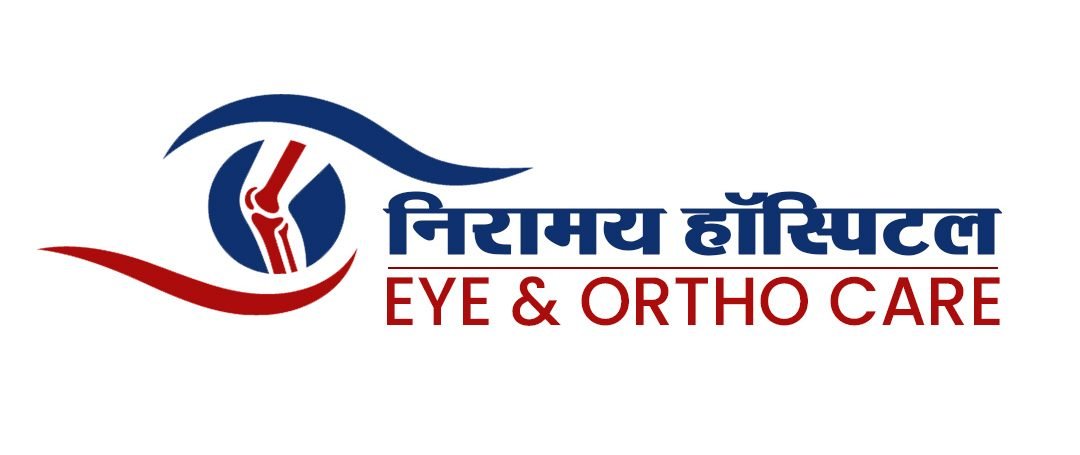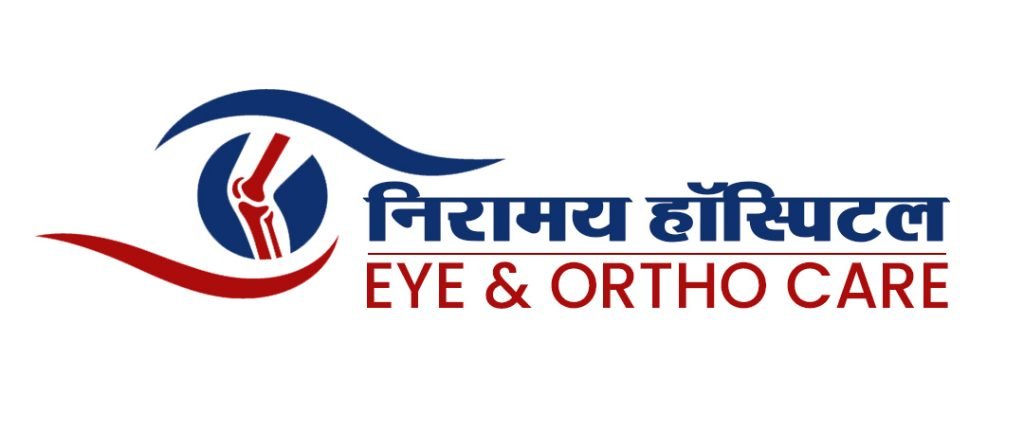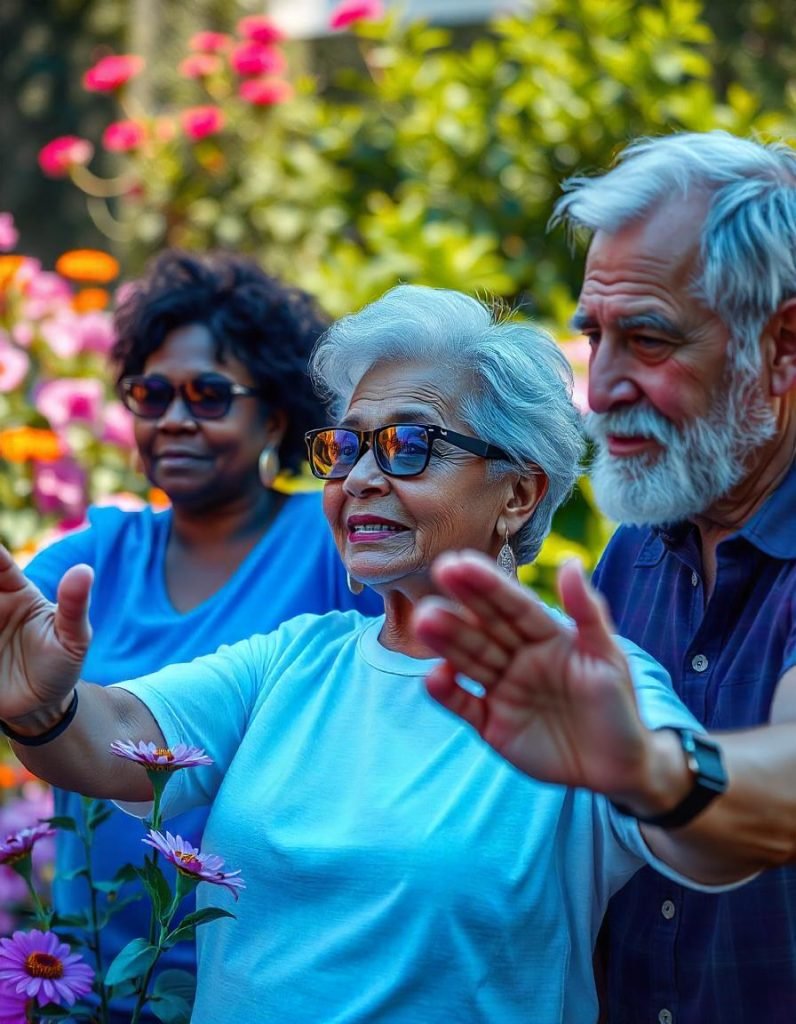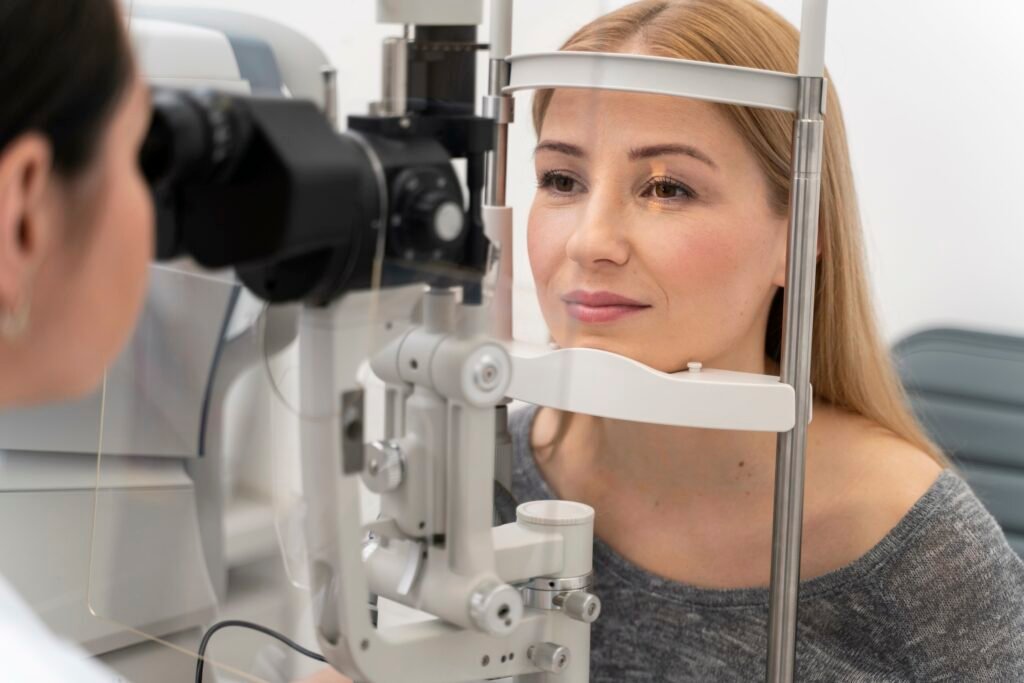As we age, our eyes undergo significant changes, making seniors more vulnerable to various age-related eye conditions. Vision is one of our most important senses, and its loss can severely impact daily activities, independence, and overall quality of life. Protecting your vision is not just about improving sight but also about preserving your ability to engage with the world around you. This guide will delve into the most common eye problems in seniors, their symptoms, and treatments, while also offering practical tips to safeguard your eyesight. If you’re looking for the best eye doctor in Kota or need reliable eye care, this comprehensive post is for you.
Understanding Age-Related Eye Conditions
Aging brings with it a host of changes to the body, and the eyes are no exception. By understanding these changes, you can take proactive steps to address potential issues. Below, we outline four of the most prevalent age-related eye conditions:
1. Cataracts
Cataracts are among the most common causes of vision impairment in older adults. They occur when the lens of the eye becomes cloudy, leading to blurred or diminished vision. Over time, cataracts can interfere significantly with everyday activities like reading, driving, or recognizing faces.
- Symptoms: Early signs of cataracts include blurry or dim vision, increased sensitivity to glare, difficulty seeing at night, and the appearance of halos around lights. Colors may also appear faded or yellowed.
- Solution: Regular eye exams can help detect cataracts in their early stages. Fortunately, cataract surgery—a safe and highly effective procedure—can restore clear vision by replacing the cloudy lens with an artificial one. Consult the best eye doctor in Kota for personalized advice and treatment.
2. Age-Related Macular Degeneration (AMD)
AMD is a leading cause of vision loss in seniors, affecting the macula—the central part of the retina responsible for sharp, detailed vision. AMD can severely impact activities like reading and recognizing faces.
- Symptoms: Early symptoms include difficulty seeing fine details, blurry or distorted central vision, and straight lines appearing wavy. In advanced cases, dark or empty spots may appear in the center of vision.
- Solution: While there is no cure for AMD, early detection through comprehensive eye exams can slow its progression. Treatment options include dietary supplements, anti-VEGF injections to reduce abnormal blood vessel growth, and lifestyle adjustments such as quitting smoking and protecting your eyes from UV light.
3. Glaucoma
Often called the “silent thief of sight,” glaucoma is a group of diseases that damage the optic nerve, leading to irreversible vision loss if left untreated. Glaucoma often develops without noticeable symptoms in its early stages, making regular screenings crucial.
- Symptoms: In advanced stages, glaucoma can cause loss of peripheral vision or tunnel vision. Pain, redness, and blurred vision may occur in acute cases.
- Solution: Early diagnosis is key to managing glaucoma effectively. Treatments include prescription eye drops, oral medications, laser therapy, and surgery to reduce intraocular pressure and preserve remaining vision. Visiting an experienced eye doctor in Kota for regular check-ups can help catch glaucoma early.
4. Dry Eye Syndrome
Dry eye syndrome occurs when the eyes do not produce enough tears or when the tears evaporate too quickly. This condition is increasingly common in older adults and can lead to discomfort and vision issues.
- Symptoms: Dry, itchy, or burning sensations in the eyes, redness, sensitivity to light, and a gritty feeling.
- Solution: Treatments include artificial tear solutions, prescription eye drops, and lifestyle changes like increasing humidity at home and taking frequent breaks from screens. An expert eye check-up clinic near you can recommend tailored treatments for dry eyes.
Tips for Protecting Your Vision
Your eye health is influenced by several factors, including lifestyle choices and proactive care. Here are some essential tips to maintain good vision as you age:
1. Schedule Regular Eye Exams
Routine eye check-ups are your first line of defense against eye diseases. Experts recommend annual exams for seniors to detect issues like glaucoma, cataracts, and AMD early. Find a reliable eye check-up clinic near you and prioritize these visits.
2. Maintain a Healthy Diet
Nutrition plays a crucial role in eye health. A diet rich in omega-3 fatty acids, vitamins C and E, lutein, and zinc can help reduce the risk of certain eye conditions. Include leafy green vegetables, carrots, citrus fruits, fish, nuts, and eggs in your meals.
3. Protect Your Eyes from UV Light
Prolonged exposure to UV rays can increase the risk of cataracts and macular degeneration. Always wear sunglasses with 100% UV protection when outdoors, even on cloudy days.
4. Manage Chronic Conditions
Systemic diseases like diabetes and hypertension can exacerbate eye problems. Properly managing these conditions through medication, diet, and regular monitoring can help protect your vision.
5. Stay Physically Active
Regular exercise improves circulation, which is beneficial for eye health. Activities like walking, swimming, and yoga can support overall wellness, including better blood flow to the eyes.
6. Avoid Smoking
Smoking increases the risk of cataracts, AMD, and other eye diseases. Quitting smoking at any stage of life can have immediate and long-term benefits for your eyes.
FAQs
Q: How often should seniors have their eyes checked?
A: Experts recommend that seniors undergo a comprehensive eye exam at least once a year. This ensures early detection of any issues and timely treatment.
Q: Where can I find the best eye hospital in Kota?
A: Jain Ortho Vision is a trusted name in Kota, offering advanced eye care services and expert consultations.
Q: Are age-related eye conditions preventable?
A: While not entirely preventable, adopting a healthy lifestyle, protecting your eyes from UV rays, and scheduling regular eye exams can significantly reduce the risk.
Conclusion
Your vision is invaluable, and taking proactive steps to protect it can ensure a better quality of life as you age. From regular eye exams and a nutrient-rich diet to consulting the best eye doctor in Kota, there are many ways to prioritize eye health. Don’t let age-related eye conditions hinder your daily life. For comprehensive and compassionate care, visit Jain Ortho Vision—your trusted partner in maintaining healthy vision.









